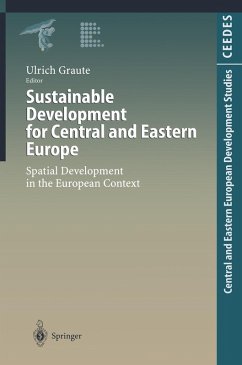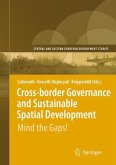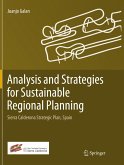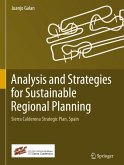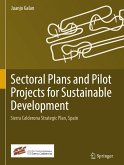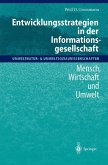Central and Eastern European Countries are undergoing a difficult transition process with consequences for spatial development. Europe needs a more bal anced, polycentric system of cities, a new urban-rural relationship, parity of ac cess to infrastructure and knowledge as well as prudent management and devel opment of the natural and cultural heritage. Dealing with these complex challenges and the need for sustainable develop ment politicians requires qualified advice from experts. To this end, the German Ministry for Regional Planning, Construction and Urban Development initiated the Network of Spatial Research Institutes in Central and Eastern Europe (CEE Net) in 1992. Exchange of knowledge and an open dialogue at all levels are pre conditions for the cooperative development of visions and strategies serving spa tial development in Europe. The annual conferences of the network have been a first steps towards closer cooperation. The high interest shown in these confer ences by academics and government representatives and the fact that several re search projects have already crystallised out of the debates they engendered indi cate that the network is meeting a need for exchange and cooperation. Decisions on spatial development do not stop at national borders and the dis cussion on spatial development in any European region has therefore to take the European context into consideration. A special advantage of this publication is that, as well as focusing on spatial development and research in CEE regions, it also discusses Central and Eastern Europe in a European context.
Bitte wählen Sie Ihr Anliegen aus.
Rechnungen
Retourenschein anfordern
Bestellstatus
Storno

